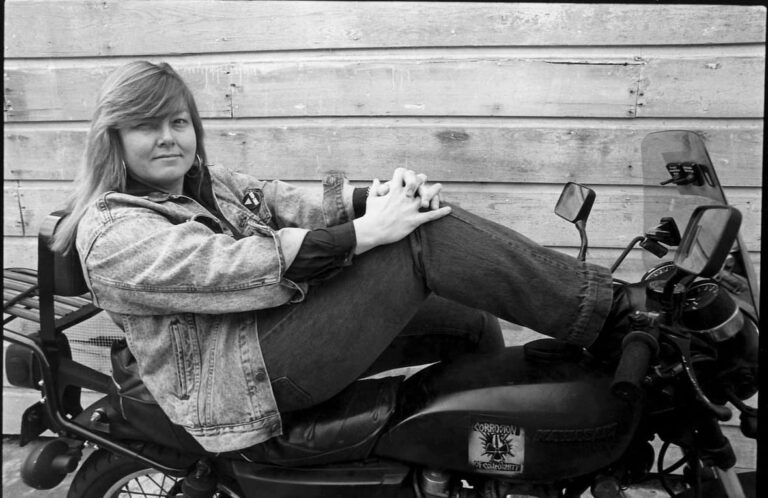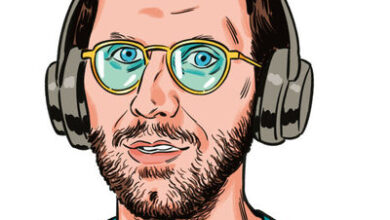Dorothy Allison, author and force of nature, has died.

Dorothy Allison, the lesbian feminist activist, beacon, poet, parent, and award-winning author of novels like Bastard Out of Carolina and Cavedweller, has died at 75.
Allison wrote about a queer, poor South with dynamism and ferocious love. Her books tangoed frankly with historically taboo subjects, like sexual abuse, and spotlit characters under-glimpsed on the shelves of hegemony.
In the 70s, Allison fomented with a rising feminist movement. Of her activist years in Florida and D.C., Allison wrote, “Part of my role, as I saw it, was to be a kind of evangelical lesbian feminist, and to help develop a political analysis of this woman-hating society.”
In the 80s, her socially minded work met literary aspirations. Allison edited the feminist newspaper Amazing Grace, and contributed essays, poems, and editorial insight to pubs like Quest, Out/Look, The Village Voice, and Conditions. With Jo Arnone, Allison co-created the Lesbian Sex Mafia, “the oldest continuously running women’s BDSM support and education group in the country.”
After her first collection, Trash, was published to wide acclaim, Allison turned fully to prose. She wrote poetry, novels, and what she proudly called “smut.” Her work often centered poor queer women in crisis, and could be tinged with autobiography. Of her best known novel, Allison said, “Writing Bastard Out of Carolina became ultimately, the way to claim my family’s pride and tragedy, and the embattled sexuality I had fashioned on a base of violence and abuse.”
In a lovely Substack remembrance sent this morning, the author Kaitlyn Greenidge mourned Allison and shared one of her more incisive pieces. “If you are seeing social media posts written in anger about how much someone is not going to care after Tuesday, gloating about turning inward and shutting down,” Greenidge wrote, “highly recommend reading [Allison’s] essay A Question of Class.”
That piece was published in 1994. Here’s an excerpt.
The horror of class stratification, racism, and prejudice is that some people begin to believe that the security of their families and communities depends on the oppression of others, that for some to have good lives there must be others whose lives are truncated and brutal. It is a belief that dominates this culture.
It is what makes the poor whites of the South so determinedly racist and the middle class so contemptuous of the poor. It is a myth that allows some to imagine that they build their lives on the ruin of others, a secret core of shame for the middle class, a goad and a spur to the marginal working class, and cause enough for the homeless and poor to feel no constraints on hatred or violence.
The power of the myth is made even more apparent when we examine how, within the lesbian and feminist communities where we have addressed considerable attention to the politics of marginalization, there is still so much exclusion and fear, so many of us who do not feel safe.
I grew up poor, hated, the victim of physical, emotional, and sexual violence, and I know that suffering does not ennoble. It destroys. To resist destruction, self-hatred, or lifelong hopelessness, we have to throw off the conditioning of being despised, the fear of becoming the they that is talked about so dismissively, to refuse lying myths and easy moralities, to see ourselves as human, flawed, and extraordinary. All of us—extraordinary.
Rest in power, Dorothy Allison.
